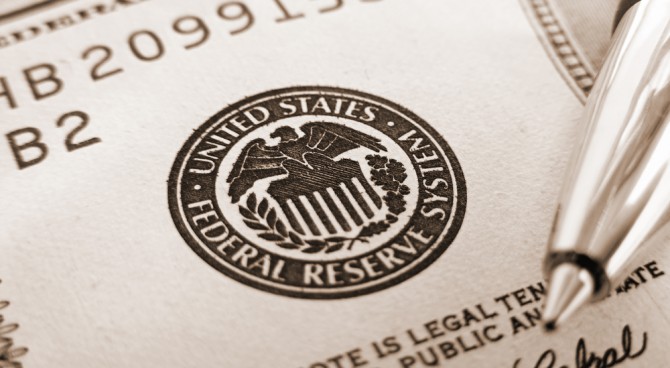The amount of improper pandemic payments dwarfs what its new agents stand to recoup for taxpayers.
Aug. 10, 2023 5:37 pm ET
Criminals stole at least $1 trillion from taxpayers during the pandemic. To date the Biden administration has offered only lip service and modest funding to try to reclaim these funds and punish wrongdoers. Meanwhile President Biden is hiring an army of Internal Revenue Service agents to shake down Americans he claims are tax avoiders. And his commitment is concrete—$80 billion to hire 87,000 new IRS agents. According to Congressional Budget Office estimates, all that extra manpower and money will net the federal government only about $100 billion. Why not spend some of it settling a far larger bill?
The Government Accountability Office estimates the federal government made $528 billion in improper payments in 2021 and 2022. Some were the result of honest mistakes. But many swindlers saw opportunity in the blizzard of pandemic relief programs, filing false claims and outright stealing taxpayer money. As astonishing as half a trillion dollars in estimated improper payments is, the real cost of the unprecedented mismanagement and fraud is much higher. GAO numbers exclude improper payments in major programs like Pandemic Unemployment Assistance and food stamps because the federal agencies running those programs didn’t bother reporting them, despite being required to do so by law.
The House Ways and Means Committee estimates that fraudulent payments made under the Pandemic Unemployment Assistance program alone could be as high as $400 billion, only $5 billion of which has been recovered. Almost all the crooks who stole taxpayer money are getting away with it. Likewise, President Biden has failed to hold any of his appointees accountable for the massive amounts of money stolen under their noses. Julie Su, who ran the Pandemic Unemployment Assistance at the Labor Department, has been offered a promotion. Mr. Biden has nominated her to be labor secretary.
With the massive expansion in food stamps during the pandemic, the level of fraudulent payments mushroomed. Estimated overpayment rates rose from the prepandemic average of 4.2% to 9.8% in 2022. The actual fraud rate is worse, since the food-stamp program doesn’t count overpayments of up to $48 a month as improper payments.
Last year a Democratic Congress provided the administration with $80 billion of guaranteed funding over 10 years for the IRS. But in 2021 that same Congress provided only $2 billion to deal with fraud in pandemic-era programs—and the administration didn’t use most of it. More than two years later, $1.6 billion of those unspent funds have finally been made available to the states to prevent fraud and “promote equitable access and ensure the timely payment of benefits.” The Biden administration in 2024 is asking for only another $1.6 billion to address the massive level of pandemic fraud.
Note that in 2022 alone the IRS itself made an estimated $25.4 billion in improper payments in only three programs: earned-income tax credits, additional child tax credits and American opportunity tax credits. The GAO estimates that the level of improper payments by the IRS in these programs runs as high as 28% of all payments made. Yet none of the $80 billion in new IRS funding is specifically earmarked to deal with fraud in the welfare programs funded with tax credits and administered by the IRS.
Despite the administration’s claim, the new IRS enforcement revenues flowing from its $80 billion surge in funding will come primarily from middle and upper-middle income Americans. The Joint Committee on Taxation estimates that 78% to 90% of the money extracted from underreported income would come from those making less than $200,000 a year. Only 4% to 9% would come from those making more than $500,000 a year.
A Senate Finance Committee analysis shows the new IRS enforcement spending would “predominantly hit taxpayers who have low (or very low) Adjusted Gross Income.” Nearly half of the audits would hit Americans making $75,000 a year or less.
It is time for Congress to correct the Biden administration’s misplaced priorities. Rather than spending $80 billion targeting taxpayers, use some of that money to go after those who cheated taxpayers and abused programs aimed at helping needy people during a health emergency. Hunt down swindlers, recoup fraudulent payments, hold criminals accountable, and put in place safeguards such as an identity and eligibility verification system. This would be fair to taxpayers and deter future fraudulent claims for federal benefits.
Congress has a choice: Harass taxpayers or track down the crooks who stole their money.
Mr. Gramm, a former chairman of the Senate Banking Committee, is a visiting scholar at the American Enterprise Institute. Mr. Arrington, a Texas Republican, is chairman of the House Budget Committee. Steve McMillin contributed to the article.





